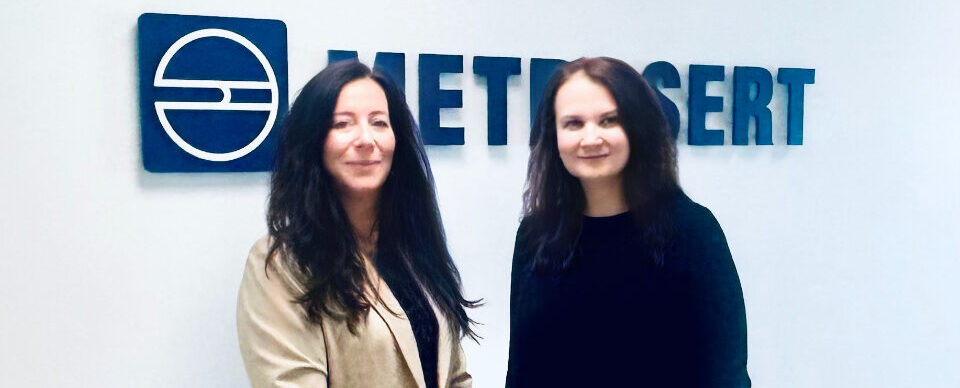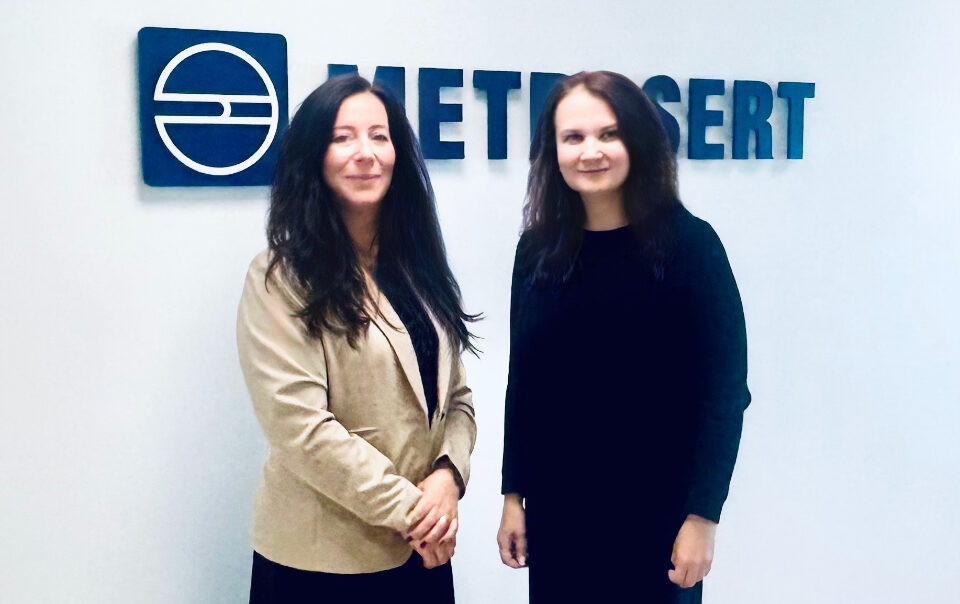Metrosert’s Applied Research Centre has launched an ambitious project, “Innovation in the Health Data Ecosystem,” with the goal of creating a robust and science-based framework for the responsible use of health data over the next four and a half years. This important work is made possible by a grant from the Estonian Research Council (ETAG) under its inter-sectoral SEKMO measure.
One of the project leaders is Janne Pullat, Head of Health Data Unit at Metrosert’s Applied Research Centre. The project is closely linked to the doctoral research of Kristel Oitmaa at Tallinn University of Technology (TalTech), which Janne co-supervises. This synergy ensures that the project’s outcomes are both scientifically sound and practically applicable.

“The project focuses on a holistic approach to the entire data ecosystem. This includes important aspects such as data access, quality assessment, the roles and responsibilities of stakeholders, standards, and collaboration mechanisms,” said Janne Pullat. “We are also studying how best to implement the results and measure their impact.” The framework is primarily based on protecting the rights of the data subject, ensuring privacy and equality to build public trust and accelerate value-based innovation. Metrosert’s long-standing strength in data quality, reliability, and standardization helps ensure that the developed framework will not remain a purely theoretical concept but will also work in the complex and strictly regulated health data environment.
Scientific Contribution and Future Prospects
Kristel Oitmaa’s doctoral thesis focuses on the factors that shape the trustworthiness, cooperability, and effectiveness of the data ecosystem. Her research will map existing bottlenecks and formulate practical guidelines. New solutions will then be piloted to make data-driven services more transparent, reliable, and economically impactful. The results of the doctoral thesis and the project will strengthen both Estonia’s scientific competence and its application capabilities, creating a foundation for better data management.
The project’s outcomes will also create important preconditions for the launch and implementation of the European Health Data Space (EHDS) in Estonia. The harmonized practices, clear roles, and standards-based processes developed during the work will promote the secure secondary use of data in science, innovation, and healthcare management. This will increase Estonia’s ability to contribute to the implementation of the EU-wide EHDS and offer internationally competitive solutions.
Metrosert’s Applied Research Centre is contributing to a framework that will help make better decisions from data, build trust, and support people-centred healthcare, guiding us step by step toward a healthier and smarter future.
